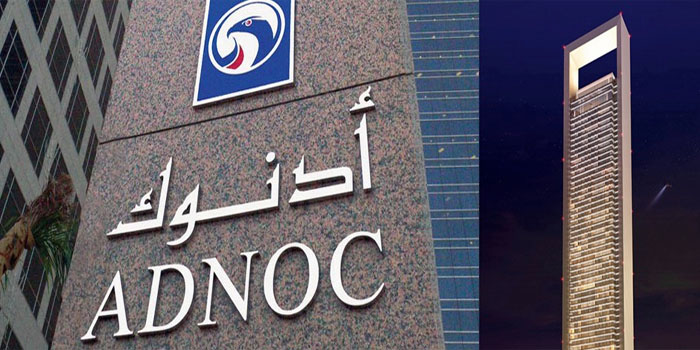…Drives indigenous participation to 18% in 4 years
…Forestalls $380bn capital flight over the last 30 years
Yemie Adeoye 23 February 2015, Sweetcrude, Lagos – Four years after the enactment of the Nigerian Oil and Gas Industry Act, the Nigerian Content Development and Monitoring Board, NCDMB has driven indigenous growth by 18 percent even has it has also saved the country well over 12.7 billion dollars annually in capital flight.
 As the Federal Government agency saddled with the responsibility of implementing the Nigerian Oil and Gas Industry Content Development Act or NOGICD Act, the NCDMB has developed concepts that has driven indigenous participation in the oil and gas industry from 5 to 18 percent in a period of four years, an effort which has positioned Nigeria as Africa’s emerging oil and gas industry hub.
As the Federal Government agency saddled with the responsibility of implementing the Nigerian Oil and Gas Industry Content Development Act or NOGICD Act, the NCDMB has developed concepts that has driven indigenous participation in the oil and gas industry from 5 to 18 percent in a period of four years, an effort which has positioned Nigeria as Africa’s emerging oil and gas industry hub.
Currently, East Africa is intensely working to become a central oil and gas hub for Africa by 2020 through the efforts of Kenya, Mozambique and Tanzania. This may well remain a dream due to the efforts of the NCDMB.
Since inception, the NOGICD Act has enhanced job creation and development of indigenous human and technical expertise. This has further stimulated other sectors of the economy and will ultimately, continue to positively impact Nigeria’s Gross Domestic Product.
Speaking at the Practical Nigerian Conference Content seminar in Yenagoa, Bayelsa State capital, Minister of Petroleum Resources, Mrs. Diezani Alison-Madueke, took time out to outline the successes of the NOGIC Act as being driven and implemented by the NCDMB even as she also noted that local companies were still facing some challenges, including technical knowhow, finance etc. “The good news however, is that government – through the NCDMB – is putting processes and initiatives in place to combat these challenges. Some of these initiatives include partial guarantee of loans through NCDF (Nigerian Content Development Fund) and various capacity development initiatives,” the minister said.
Mrs. Alison-Madueke further stated that these initiatives were driven by the desire of government to maximise the utilisation of Nigerian goods and services across the oil & gas industry value chain within the shortest time possible.
She said: “In the area of indigenous ownership of assets, Nigerian ownership of strategic assets like marine vessels and oil rig assets are cardinal to local content development. Measures have been put in place to encourage local investments on such critical assets. There is also a certification regime in place to audit equipment ownership claims and ensure that no foreign equipment or asset is put to work until existing Nigerian capacities have been exhausted”.
The minister, who was represented at the event by the Permanent Secretary, Ministry of Petroleum Resources Dr. Jamila Shu’ara, told the gathering of top industry players that since the implementation of the marine vessel utilisation strategy in 2013, there has been a marked growth in the number of Nigerian-owned vessels that are doing business in the oil and gas industry. She explained that out of 1,000 marine vessels that were captured by the NCDMB in 2013, 49.5 percent were in category A, meaning they were either built in Nigeria or owned by Nigerians. Also, out of 1,232 vessels captured as at third quarter of 2014, 89.2 percent were in category A (and class AAA).
On the area of infrastructure development and facility upgrade, the minister said NigerDock now has the largest dry-dock facility in West Africa for maintenance and service of medium-sized vessels, a direct result of the local content policy, even as she noted that a minimum of two additional dry-docking facilities would be required within the shortest possible time for vessel maintenance and ship repairs in view of the growing economic and maritime activities in Nigeria and West Africa. “Such dry-docking facilities would also put the nation on a right path towards building ocean-going vessels. Government is keen on encouraging investments in this area. A new dry dock facility would attract about $1billion dollars into the Nigerian economy and generate over 9,000 direct and ancillary employment opportunities for Nigerians,” she stated.
According to the minister, since the inception of NOGICD Act 2010, over $5 billion has been invested in facility upgrade that was largely driven by oil and gas industry needs. Fabrication capabilities have subsequently increased by 40 percent. The minister further stated: “Tt is gratifying to know that production platforms, christmas tree frames, pressure vessels and many other facilities are
Subscribe for Updates
Get the latest energy news from Sweetcrudereports.



